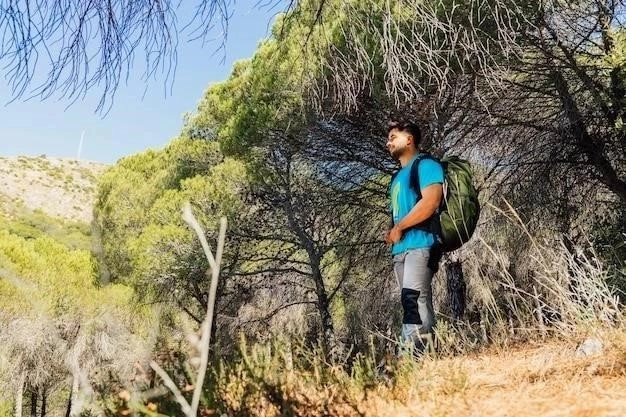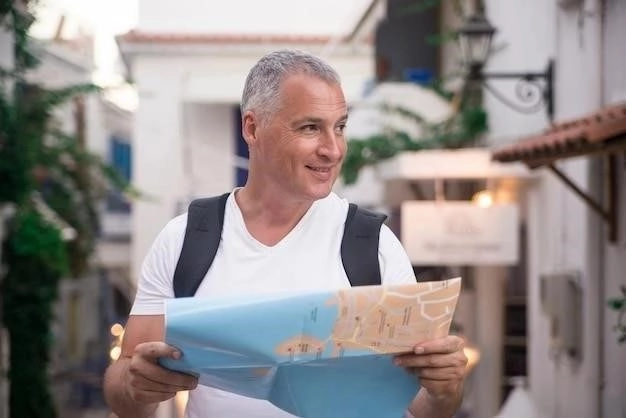Sierra Leone Travel Guide 2024
Discover Sierra Leone, a hidden gem on the West African coast, with its pristine beaches, lush rainforests, and vibrant culture.
Introduction: Unveiling the Beauty of Sierra Leone
Sierra Leone, a small West African nation nestled on the Atlantic coast, is emerging as a captivating destination for discerning travellers seeking authentic experiences. Often referred to as Africa’s “secret beach destination,” Sierra Leone boasts idyllic stretches of palm-fringed coastline, where the soft sands meet the azure waters of the Atlantic Ocean. Beyond its captivating coastline, the country’s interior unfolds with verdant rainforests teeming with diverse flora and fauna, including a remarkable population of chimpanzees in their natural habitat.
Sierra Leone’s rich history and cultural tapestry add another layer of allure to this captivating destination. The remnants of colonial forts stand as testaments to the country’s past, while vibrant markets offer glimpses into the daily lives of its warm and welcoming people. From the bustling streets of Freetown, the capital city, to the tranquil shores of the Banana Islands, Sierra Leone promises an unforgettable journey of discovery. Whether you seek adventure in its untamed landscapes, cultural immersion in its traditions, or simply a chance to relax on pristine beaches, Sierra Leone is ready to captivate your senses.
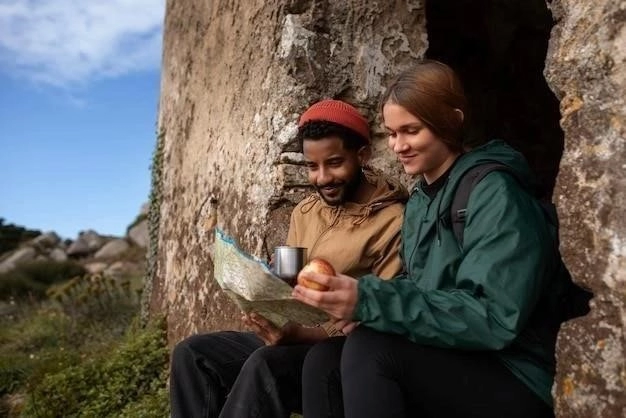
Best Time to Visit: Navigating Sierra Leone’s Climate and Seasons
Sierra Leone experiences a tropical climate characterized by two distinct seasons: the dry season and the rainy season. The best time to visit for optimal weather conditions is during the dry season, which typically runs from November to April. During these months, you can expect warm, sunny days with lower humidity, making it ideal for exploring the beaches, embarking on nature hikes, and immersing yourself in outdoor activities.
The dry season is further distinguished by the harmattan, a dry, dusty wind that blows from the Sahara Desert between December and February. While the harmattan can result in slightly cooler temperatures and hazy skies, it also brings a welcome respite from the humidity. Conversely, the rainy season, from May to October, brings heavy rainfall and higher humidity. While the rains transform the landscapes into lush greenery, they can also make travel challenging, particularly in remote areas.
For those seeking a balance between pleasant weather and fewer crowds, the shoulder seasons of April to May and September to October can be ideal. However, it’s essential to note that weather patterns can be unpredictable, so it’s advisable to pack accordingly and check the forecast closer to your travel dates.
Visa and Entry Requirements: Ensuring a Smooth Arrival
To ensure a seamless entry into Sierra Leone, it is essential to familiarize yourself with the visa and entry requirements well in advance of your trip. Citizens of certain countries are eligible for visa-free travel for a limited period, while others can obtain a visa upon arrival. However, it is strongly recommended to apply for a visa in advance to avoid any potential delays or complications at the border.
You can obtain a visa through the nearest Sierra Leonean embassy or consulate in your home country or online via the Sierra Leone Immigration website. To apply, you will typically need a valid passport with at least six months of validity remaining beyond your intended stay, a completed visa application form, two recent passport-sized photographs, proof of accommodation, a return or onward ticket, and sufficient funds to cover your expenses during your stay. Additionally, a yellow fever vaccination certificate is mandatory for entry into Sierra Leone, and it is advisable to carry a copy of your vaccination records with you. It’s crucial to note that visa regulations can change, so it’s always best to verify the latest requirements with the relevant authorities before your departure.
Getting Around: Exploring Sierra Leone’s Transportation Options
Navigating Sierra Leone’s diverse landscapes requires a blend of transportation options, each offering a unique perspective of this captivating country. Within Freetown, taxis are a common and affordable mode of transport. Be sure to negotiate the fare before embarking on your journey, as prices are not metered. For a more immersive experience, consider hopping on a “poda-poda,” the ubiquitous local minibuses that ply set routes throughout the city.
Venturing beyond the capital unveils a network of shared taxis and buses connecting major towns and cities. While these options offer an economical way to traverse the country, it’s worth noting that journeys can be time-consuming, and road conditions may vary. For greater comfort and convenience, private car hires are available, offering flexibility and door-to-door service.
If you’re short on time or seeking to explore Sierra Leone’s idyllic islands, domestic flights are available, connecting Freetown to destinations such as Bonthe and Hastlings. Ferries also operate between Freetown and the Banana Islands, offering a scenic mode of transport. When planning your journeys, it’s advisable to factor in extra time for unexpected delays and to check schedules in advance, as transportation services can be subject to change.
Accommodation: Finding the Perfect Place to Stay
Sierra Leone offers a range of accommodation options to suit diverse preferences and budgets, from charming guesthouses to luxurious eco-lodges. In Freetown, you’ll find a concentration of hotels catering to business travellers and tourists, offering amenities such as swimming pools, restaurants, and conference facilities. For a more intimate experience, consider staying in a guesthouse or boutique hotel, where you can enjoy personalized service and local hospitality.
Venturing beyond the capital unveils a selection of eco-lodges and resorts, often nestled in pristine natural settings. These accommodations provide a unique opportunity to immerse yourself in Sierra Leone’s stunning landscapes, from rainforests to beaches. Many eco-lodges prioritize sustainability and community engagement, offering an enriching and responsible travel experience.
Regardless of your budget or travel style, it’s advisable to book accommodation in advance, especially during peak season. Online booking platforms and travel agencies can assist in finding suitable options. When selecting accommodation, consider factors such as location, amenities, and reviews from previous guests to ensure a comfortable and enjoyable stay.
Must-Visit Destinations: Exploring Sierra Leone’s Hidden Gems
Sierra Leone is a land of diverse landscapes, each offering a unique glimpse into the country’s natural beauty and cultural heritage. Begin your journey in Freetown, the vibrant capital city, where you can explore historical landmarks such as the Cotton Tree and the Sierra Leone National Museum. Escape the urban bustle with a visit to Tacugama Chimpanzee Sanctuary, a haven for rescued chimpanzees nestled in the rainforest-clad hills overlooking the city. Here, you can observe these intelligent creatures in their natural habitat and learn about conservation efforts.
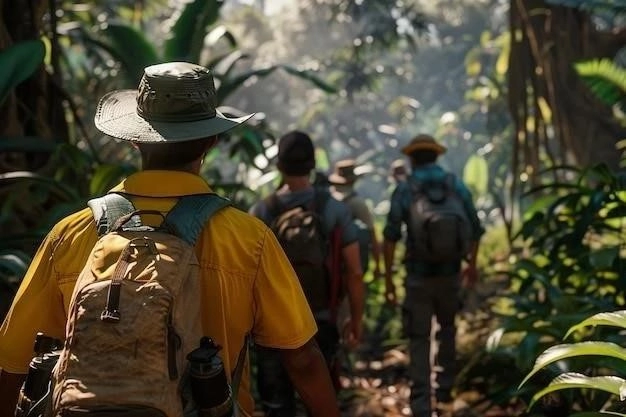
For a taste of paradise, embark on a boat trip to the Banana Islands, an archipelago of pristine beaches, crystal-clear waters, and lush vegetation. These tranquil islands offer a perfect escape for swimming, snorkeling, and relaxing amidst unspoiled nature. History enthusiasts will find solace in Bunce Island, a poignant reminder of the transatlantic slave trade. Explore the ruins of the slave castle and reflect on this dark chapter in history. Nature lovers should venture to Tiwai Island Wildlife Sanctuary, home to a remarkable diversity of primates, birds, and other wildlife. Trek through the rainforest, spot rare species, and immerse yourself in the sights and sounds of the jungle.
6.1 Freetown: Unveiling the Capital’s Charms
Perched on a peninsula overlooking the Atlantic Ocean, Freetown is a vibrant coastal city that seamlessly blends history, culture, and natural beauty. Begin your exploration at the iconic Cotton Tree, a towering symbol of freedom and resilience standing tall in the heart of the city. Delve into Sierra Leone’s past at the Sierra Leone National Museum, where you can discover artifacts and exhibits showcasing the country’s rich history and cultural heritage.
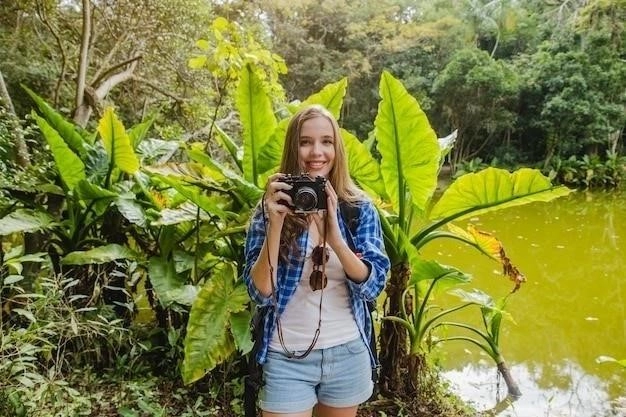
For panoramic views of the city and the Atlantic Ocean, ascend to the summit of Mount Aureol, home to the State House and offering breathtaking vistas. Immerse yourself in the local culture at the bustling Big Market, a vibrant hub of commerce where you can find everything from fresh produce and spices to colorful textiles and handicrafts. As the sun sets, head to Lumley Beach, a popular spot for a relaxing stroll, a refreshing dip in the ocean, or a delicious meal at one of the beachfront restaurants.
6.2 Tacugama Chimpanzee Sanctuary: Witnessing Wildlife Conservation
Nestled in the verdant hills overlooking Freetown, Tacugama Chimpanzee Sanctuary offers a sanctuary for rescued chimpanzees and a glimpse into the vital work of wildlife conservation. Established in 1995, Tacugama has played a pivotal role in rehabilitating and protecting chimpanzees, many of whom have been orphaned or injured due to habitat loss, the illegal pet trade, and the bushmeat trade. As you wander through the rainforest trails, you’ll encounter these intelligent primates in their semi-wild enclosures, observing their social interactions, playful antics, and remarkable intelligence.
Guided tours provide insight into the sanctuary’s history, the plight of chimpanzees in the wild, and the tireless efforts of conservationists. For a truly immersive experience, consider an overnight stay at the sanctuary’s eco-lodges, where you can wake up to the sounds of the rainforest and witness the chimpanzees’ morning rituals. A visit to Tacugama Chimpanzee Sanctuary is an opportunity to witness firsthand the importance of protecting these endangered creatures and supporting sustainable tourism initiatives that benefit both wildlife and local communities.
6.3 Banana Island: Escaping to Paradise
Escape the bustle of the mainland and embark on a serene retreat to the Banana Islands, an idyllic archipelago located just off the coast of Freetown. These tranquil islands, characterized by their pristine beaches, crystal-clear turquoise waters, and swaying palm trees, offer a quintessential tropical paradise experience. Relax on the powdery sands of Dublin Island, the largest of the three islands, and soak up the sun’s warmth while listening to the gentle lapping of the waves.
Dive into the azure waters to discover a vibrant underwater world teeming with marine life, from colorful fish to graceful rays. Embark on a kayaking adventure around the islands, exploring hidden coves and mangrove forests. For a taste of local life, visit the fishing village of Ricketts, where you can witness traditional fishing techniques and sample freshly caught seafood. Whether you seek adventure, relaxation, or a taste of authentic island culture, the Banana Islands offer a slice of paradise waiting to be discovered.
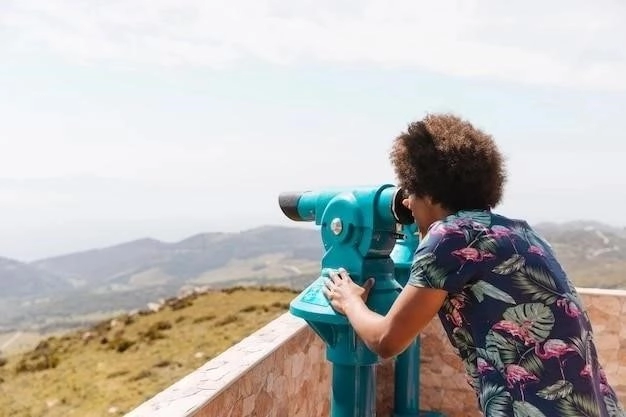
Culture and Heritage: Immersing in Sierra Leone’s Rich Traditions
Sierra Leone’s cultural tapestry is as vibrant and diverse as its landscapes, woven from a rich blend of indigenous traditions and influences from its colonial past. The warmth and hospitality of the Sierra Leonean people are renowned, and visitors are sure to be greeted with open arms and infectious smiles. Engage with locals, learn a few Krio phrases, the country’s lingua franca, and delve into the heart of Sierra Leonean culture.
Music and dance are integral parts of Sierra Leonean life, with infectious rhythms and energetic movements that are sure to get your toes tapping. Witness traditional performances, such as the vibrant masquerade dances or the rhythmic drumming of the Gumbay music, and experience the joy and energy that permeate Sierra Leonean celebrations. Explore local markets, such as the bustling Big Market in Freetown, to browse colorful textiles, intricate handicrafts, and traditional masks, each piece reflecting the creativity and artistry of the Sierra Leonean people.
Food and Cuisine: Tantalizing Your Taste Buds
Sierra Leonean cuisine is a delightful fusion of West African flavors, characterized by the use of fresh, locally sourced ingredients and a harmonious blend of spices. One of the staple dishes is “fufu,” a starchy dough made from cassava, plantains, or yams, often served with a variety of rich and flavorful soups and stews. Be sure to sample “groundnut soup,” a creamy and savory delight made with peanut butter, leafy greens, and your choice of meat or fish.
“Cassava leaves” is another popular dish, featuring tender cassava leaves cooked with palm oil, onions, and smoked fish or meat, resulting in a flavorful and nutritious stew. For a taste of the sea, indulge in “pepper soup,” a spicy and aromatic broth typically made with fresh fish, chili peppers, and a medley of spices. Street food is abundant and offers a tantalizing array of options, from fried plantains and bean cakes to grilled skewers of meat or fish. Wash down your meals with a refreshing glass of freshly squeezed fruit juice or a bottle of Star Beer, a local favorite.
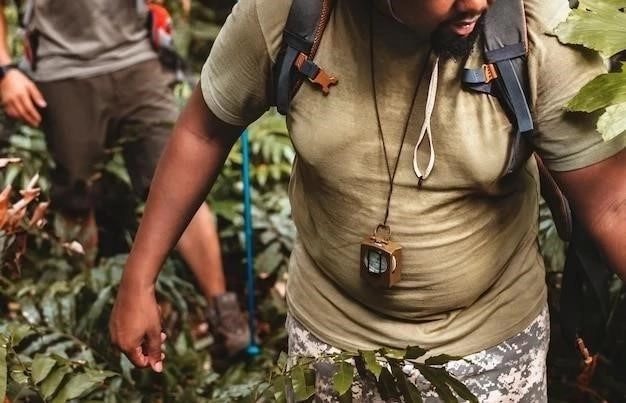
Safety and Security: Traveling Responsibly in Sierra Leone
While Sierra Leone is generally a safe and welcoming destination, it’s essential to exercise common sense and take necessary precautions to ensure a smooth and enjoyable trip. As with any destination, it’s advisable to stay informed about local laws and customs and to respect cultural sensitivities. Petty crime, such as theft, can occur, particularly in crowded areas, so it’s crucial to safeguard your belongings and avoid displaying valuables openly.
When venturing out, especially at night, it’s best to travel in groups or with a reputable guide. Be cautious when using ATMs, and only exchange currency at authorized bureaus. It’s also advisable to inform your accommodation of your whereabouts and planned itineraries. The road infrastructure in Sierra Leone can be challenging, with some areas experiencing poor road conditions. If traveling by road, particularly outside of major cities, it’s advisable to hire a reliable driver and vehicle and to allow for extra travel time.
Health Considerations: Staying Healthy During Your Trip
Prioritizing your health is paramount when traveling to Sierra Leone. Consult with your healthcare provider or a travel medicine specialist well in advance of your trip to discuss necessary vaccinations and preventative measures. A yellow fever vaccination certificate is mandatory for entry into Sierra Leone, and it’s advisable to be up-to-date on routine vaccinations such as hepatitis A and B, typhoid, and meningitis.
Malaria is present in Sierra Leone, so it’s crucial to take antimalarial medication as prescribed by your doctor and to protect yourself from mosquito bites by using insect repellent, wearing long clothing, and sleeping under mosquito nets. Drink only bottled or purified water and avoid consuming ice cubes made from tap water. Be cautious with food hygiene, opting for well-cooked meals from reputable establishments. It’s always a wise precaution to pack a basic first-aid kit with essential medications, sunscreen, insect repellent, and oral rehydration salts.
Money Matters: Understanding Currency and Budgeting
The official currency of Sierra Leone is the Leone (SLL). It’s advisable to exchange currency at authorized banks or foreign exchange bureaus upon arrival, as exchange rates are generally more favorable than those offered outside of the country. Major credit cards are accepted at some hotels, restaurants, and larger establishments in Freetown, but their use may be limited in more rural areas. It’s always recommended to carry a sufficient amount of local currency for smaller purchases, transportation, and tipping.
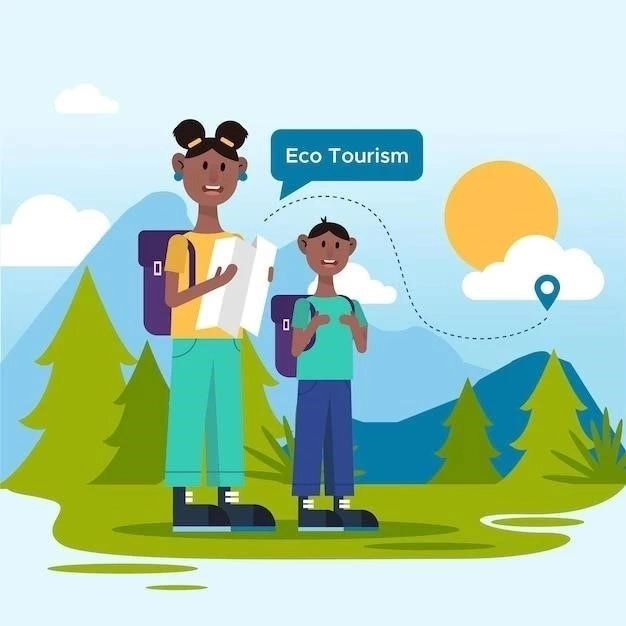
ATMs are available in major cities and towns, but it’s essential to exercise caution when using them and to be aware of your surroundings. Notify your bank of your travel plans to avoid any issues with card usage abroad. When budgeting for your trip, it’s helpful to research average costs for accommodation, meals, transportation, and activities. While Sierra Leone can be an affordable destination, costs can vary depending on your travel style and preferences.
Responsible Tourism: Making a Positive Impact
Embracing the principles of responsible tourism ensures that your travels in Sierra Leone benefit both the local communities and the environment. Support local businesses, from small guesthouses to artisan markets, to contribute directly to the livelihoods of Sierra Leoneans. Respect the local culture and customs by dressing modestly, asking permission before taking photographs of individuals, and learning a few basic Krio phrases to facilitate communication.

Choose eco-friendly accommodations and tour operators that prioritize sustainability and minimize their impact on the environment. Be mindful of your water and energy consumption, and dispose of waste responsibly. Sierra Leone’s natural beauty is a precious resource, so avoid littering and support initiatives that promote conservation and protect wildlife. By embracing responsible tourism practices, you can contribute to a more sustainable and equitable future for Sierra Leone and its people.




